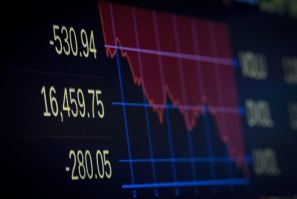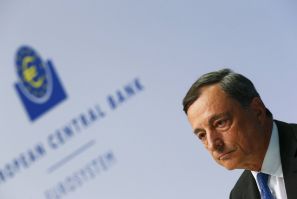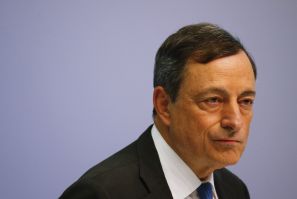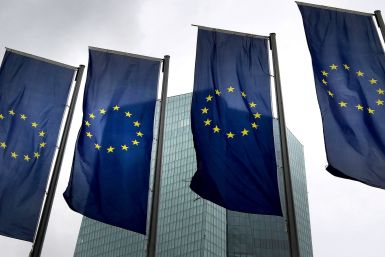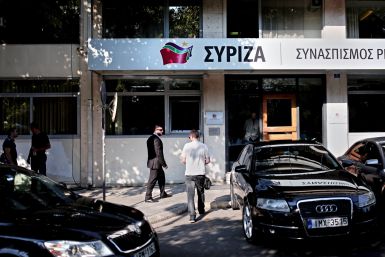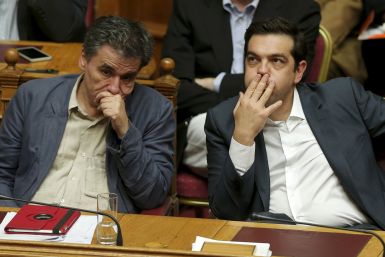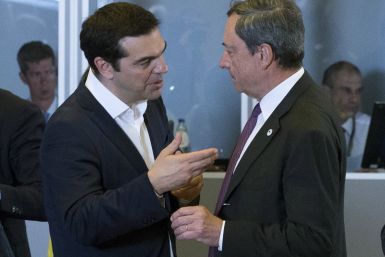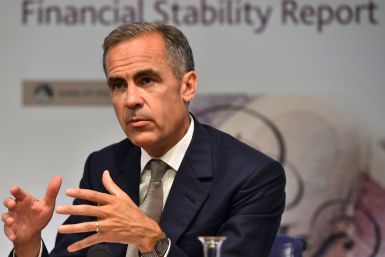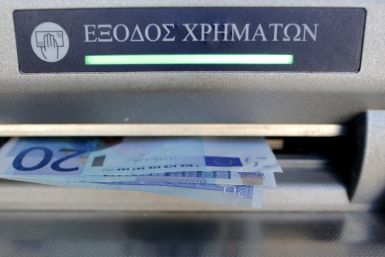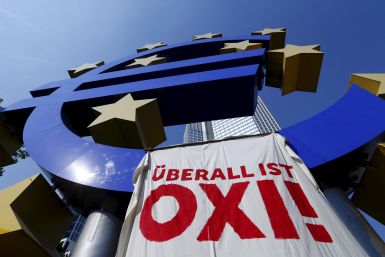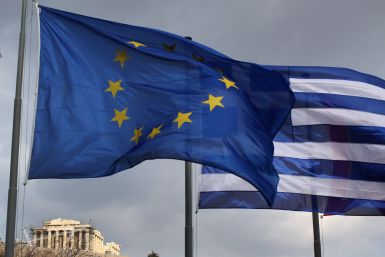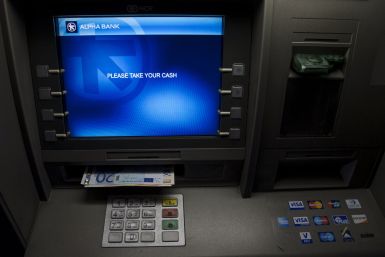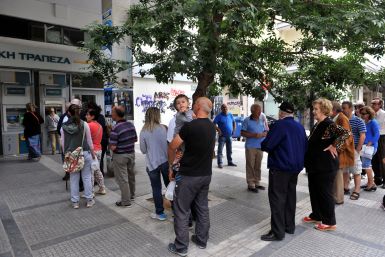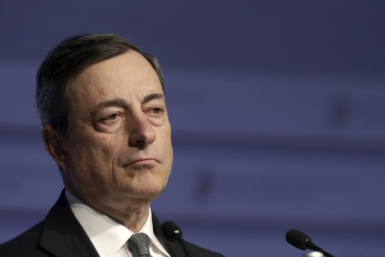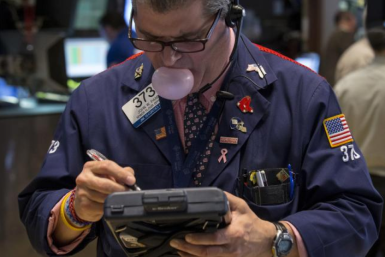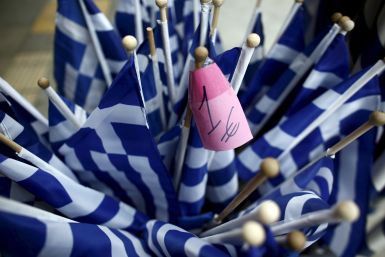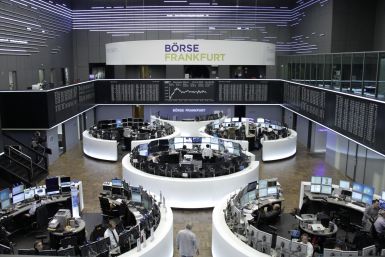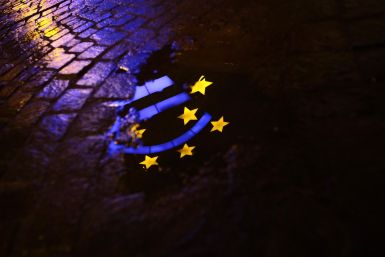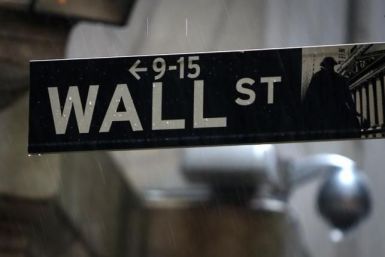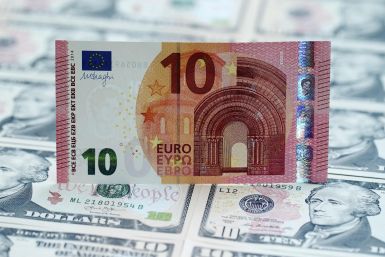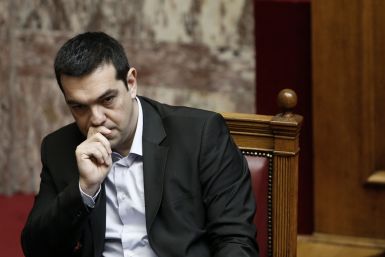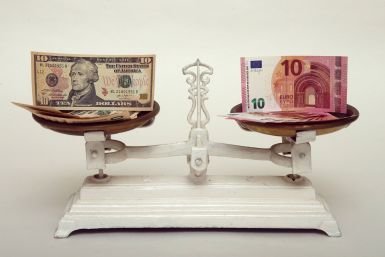Greece repaid $3.7 billion to the ECB after receiving $14.5 billion from the European Stability Mechanism, the eurozone’s bailout fund.
The Greek government is hoping to finalize terms of a third bailout ahead of the Aug. 20 deadline to repay 3.4 billion euros ($3.7 billion) to the ECB.
In exchange for funding, Greece has accepted significant reforms to pensions, taxes, its collective bargaining system and public spending.
The so-called troika is vastly unpopular with Greeks, who have angrily protested the creditors’ presence in the past.
The country secured a 7.16 billion euro bridge financing from the European Financial Stability Mechanism (EFSM) last week.
European stocks rose after the European Central Bank announced the new pledges, but uncertainty clouds the issue.
Mario Draghi said the European Central Bank "continues to act on the assumption that Greece is and will remain a member of the euro area."
Greek Prime Minister Alexis Tsipras still needs his own parliament to approve the deal.
Until the 86 billion euro bailout deal goes into effect, Greece's sagging economy and its depleted banks need emergency cash totaling about 12 billion euros.
By raising the "haircut" on the collateral Greek banks must hold, the European Central Bank effectively limited their solvency.
European Union authorities are making a last-ditch offer to Athens to save the country from going bankrupt, but Athens is likely hours away from defaulting on its debt.
The Greek government wants to prevent citizens from stashing all of their cash under their mattresses.
The limit for the emergency funding is now roughly 89.0 billion euros ($99.4 billion), sources have told Reuters.
Mario Draghi says countries should act quickly on recommendations the central bank has made to complete economic and monetary union.
The U.S. Federal Reserve may struggle to justify its first interest-rate hike in almost a decade after a terrible first quarter when the economy most likely shrank.
The latest chapter in the eurozone saga was on the agenda at the spring meetings of the International Monetary Fund and World Bank in Washington this weekend.
The yields on all German government debt out to January 2024 were negative.
The ECB is almost certain to keep rates unchanged at record lows at its meeting later in the day.
American markets were moving in the opposite direction of European markets, as the greenback and oil prices rose.
The euro is on track for its biggest quarterly drop since its 1999 inception as Greek debt crisis continues.
Athens has been kept from bankruptcy by two bailouts since the global financial crisis, but now risks running out of money within weeks.
Four factors are pushing the euro toward parity against the U.S. dollar in 2015.






